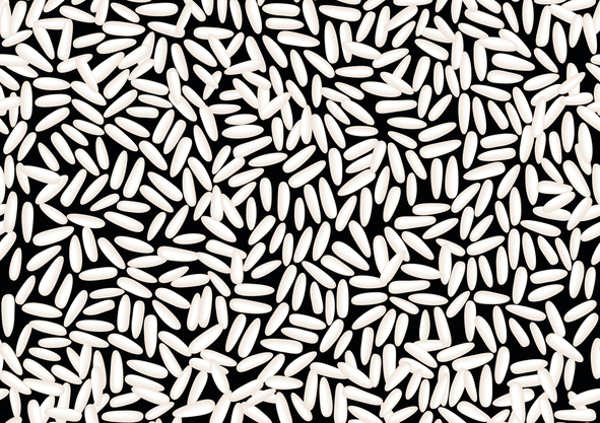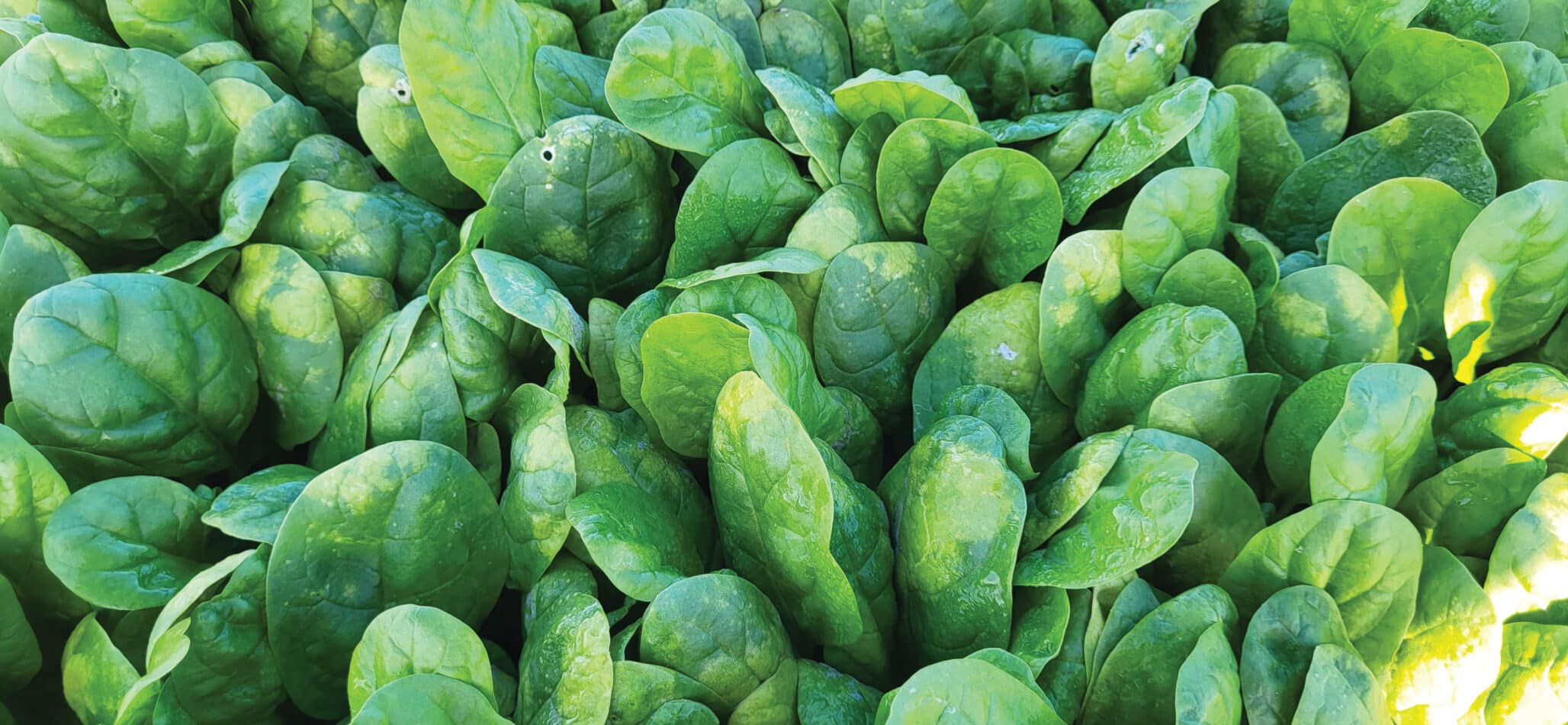A world-leading plant disease researcher at the University of Dundee has been awarded major funding for a study which may explain the mechanisms of crop killing diseases across the globe.
Plant diseases currently account for 40 per cent of crop losses each year world-wide, representing a serious threat to food security.
Professor Paul Birch, Head of the Division of Plant Sciences at the University of Dundee, was awarded a European Research Council (ERC) Advanced Grant, worth just under €2.5million for the next five years.
The grant will create five new jobs in addition to securing existing posts at the University of Dundee and the James Hutton Institute. Professor Birch said that if the project is successful, it could lead to new methods to prevent diseases.
He explained, “By working on the potato late blight disease, which has a long history dating back to the Irish Famines on the mid-19th century, we have found that the blight pathogen, Phytopththora (which means ‘plant killer’) secretes proteins, which target and suppress the plant’s immune system.
“We have recently shown how Phytophthora may deliver these proteins in small membrane-bound vesicles. With this funding, we will continue to explore how the formation, secretion and content of these vesicles could prove key to understanding the mechanisms by which many if not all major crop diseases, such as fungi, bacteria and even nematodes, work to deliver the killing blow to plant cells.”
Professor Birch was also recently awarded a prestigious Royal Society Wolfson Research Merit Award, which provides funding for outstanding scientists for five years to support further research into the cell biology of crop plant diseases.
Professor Birch added, “The combination of these awards reflects the efforts of a very productive team in Dundee and demonstrates the synergy between the University and the James Hutton Institute in the area of plant sciences. I hope that this recognition will continue to help our team get to the root cause of crop devastation.”
Source: University of Dundee












